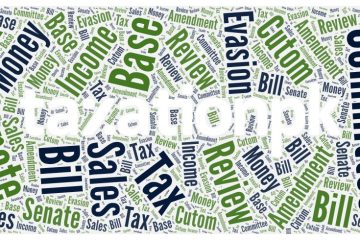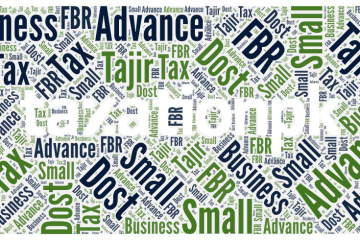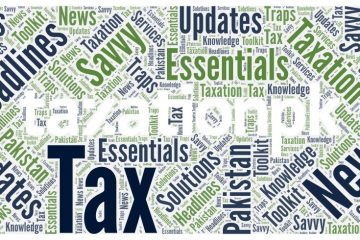The Federal Board of Revenue (FBR) in Pakistan has thrown a potential curveball at the real estate sector by proposing the elimination of capital gains tax (CGT) relief on the sale of immovable property. This proposal, included in the FBR’s budget recommendations for fiscal year 2024-25, seeks to address perceived imbalances in the current taxation system.
Understanding Capital Gains Tax (CGT):
The Income Tax Ordinance, 2001 (ITO 2001) defines capital gains tax (CGT) as the tax levied on the profit earned from the sale of capital assets, which can include stocks, bonds, real estate, or any other asset that shows an increase in value from its purchase price. In simpler terms, it’s the tax you pay on the profit you make when you sell an asset for more than you bought it for.
The Current CGT Scenario for Immovable Property:
Under Section 37(1A) of the ITO 2001, along with Division VIII of Part-I of the First Schedule to the Ordinance, capital gains on the disposal of immovable property currently enjoy a reduced or fixed tax rate compared to other types of assets. This essentially treats property gains as a separate category for tax purposes.
The FBR’s Proposed Change:
The FBR suggests integrating capital gains on immovable property into the standard progressive tax regime. This means property sale profits would no longer benefit from the special reduced rates and would be taxed according to the regular income tax brackets applicable to your overall income.
Expected Outcomes and Potential Debate:
- Increased Revenue: The FBR anticipates significant additional revenue generation from this proposal. The preferential rates on property sales have been a significant avenue for tax relief, potentially leading to tax avoidance and a narrower tax base.
- Tax Fairness: By aligning property gains tax treatment with other assets, the FBR aims to create a more equitable tax system.
- Potential Impact on Real Estate: Critics argue that this change could dampen investment in the real estate sector, potentially leading to slower growth or even a decline in property values. Investors might be discouraged by the prospect of higher taxes on their property sales profits.
- Stakeholder Scrutiny: The proposal is likely to face close examination and debate from stakeholders like real estate investors, developers, and policymakers. Both sides will likely present arguments for and against the proposed change.
Looking Ahead:
As the government finalizes the budget for the upcoming fiscal year, the proposed adjustment to CGT on immovable property will be a central point of discussion. The FBR’s initiative reflects their ongoing commitment to reforming the tax system, aiming for a broader tax base, improved revenue collection, and a more equitable and efficient tax framework. Whether the proposal is accepted or rejected remains to be seen. It will depend on the government’s assessment of the potential benefits (increased revenue and tax fairness) versus the potential drawbacks (dampened investment in real estate).
Stay tuned for further updates as the budget process unfolds and the final decision on capital gains tax relief for immovable property is made. This will have a significant impact on the Pakistani real estate market and investment decisions in the sector.







